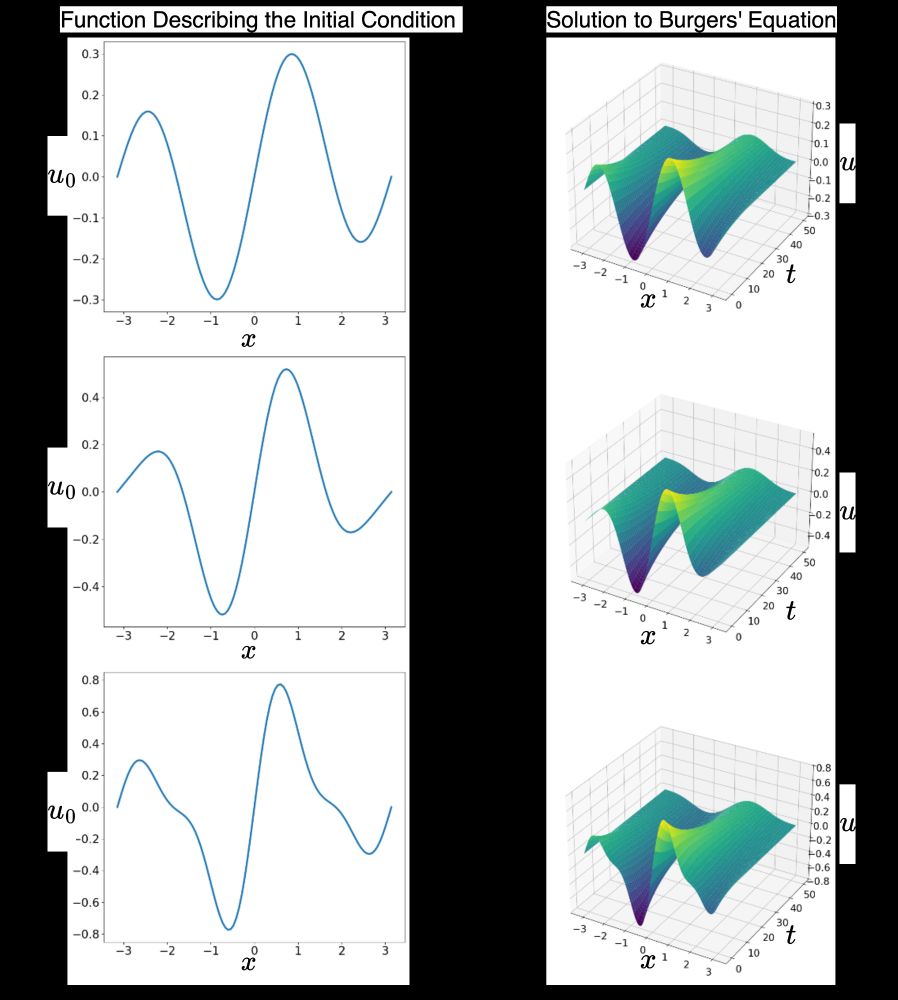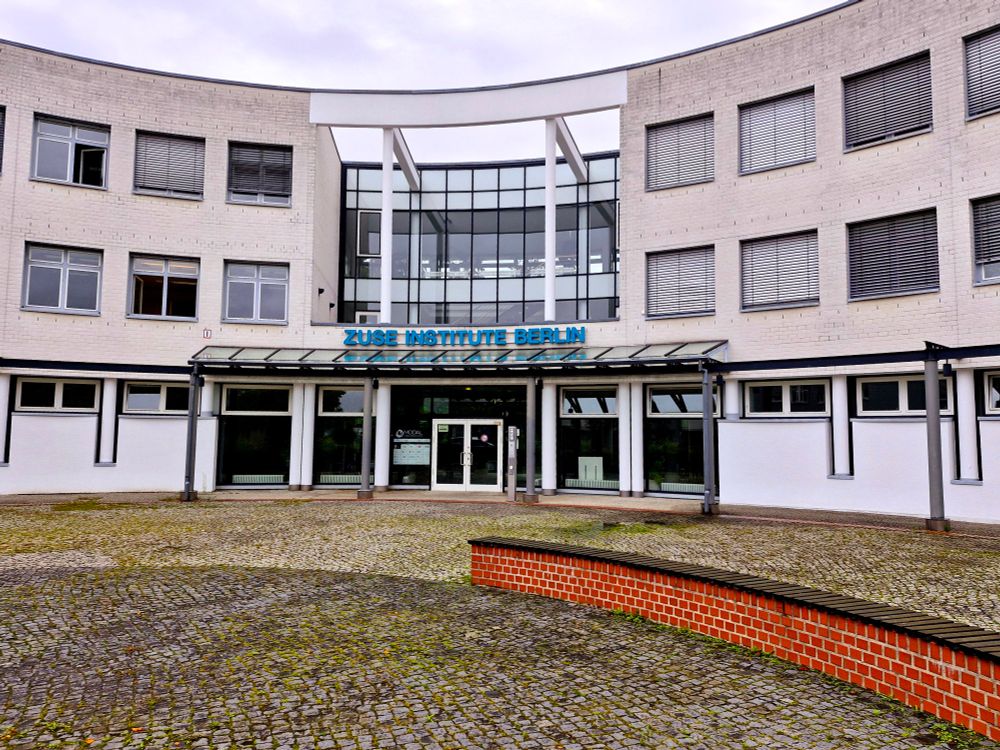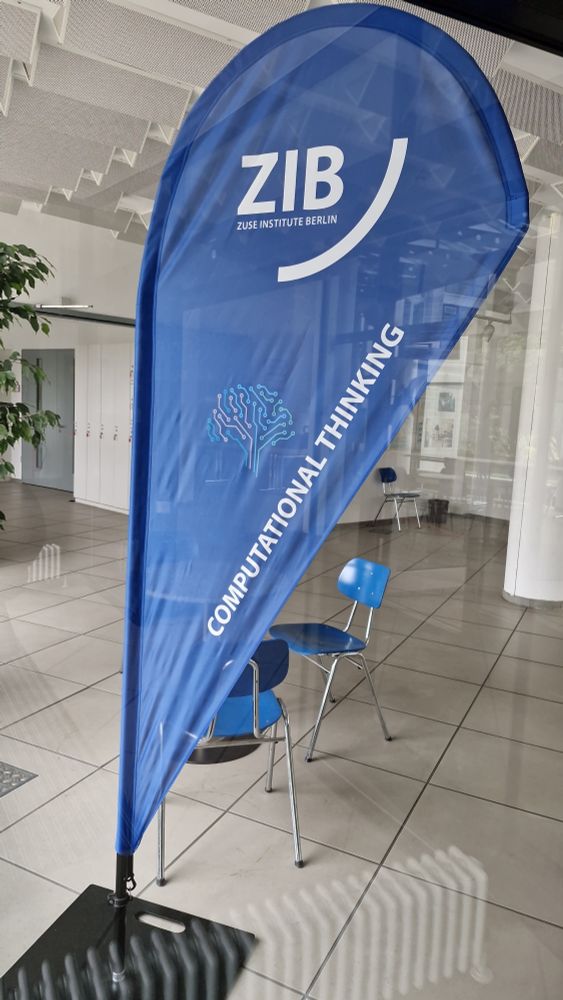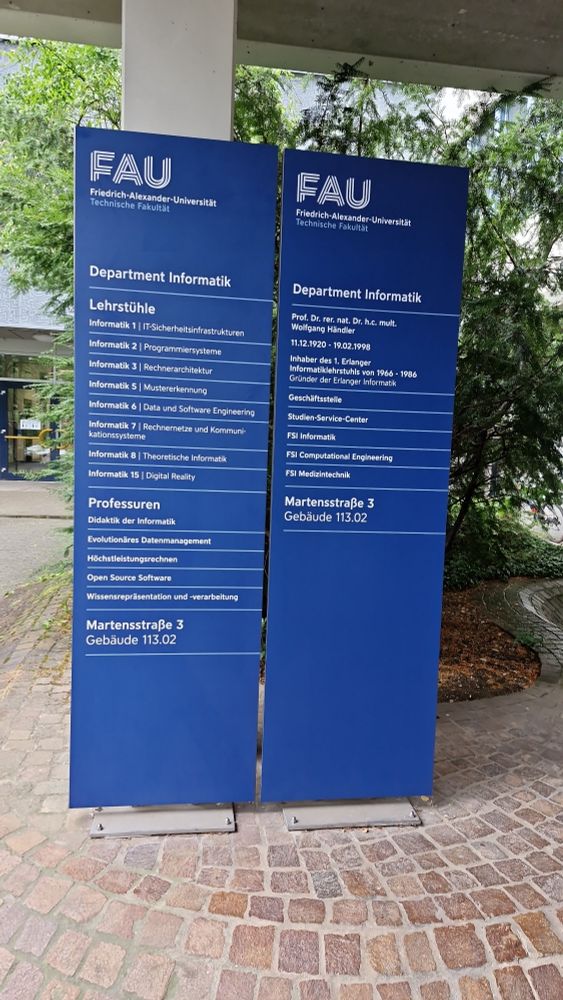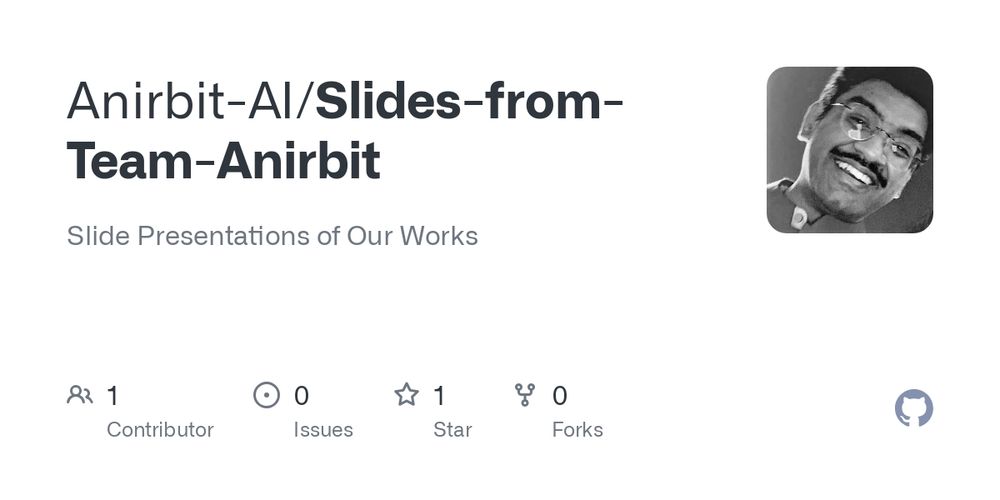Anirbit
@anirbit.bsky.social
150 followers
69 following
68 posts
Assistant Professor/Lecturer in ML @ The University of Manchester | https://anirbit-ai.github.io/ | working on the theory of neural nets and how they solve differential equations. #AI4SCIENCE
Posts
Media
Videos
Starter Packs
Anirbit
@anirbit.bsky.social
· Sep 8
Anirbit
@anirbit.bsky.social
· Aug 22
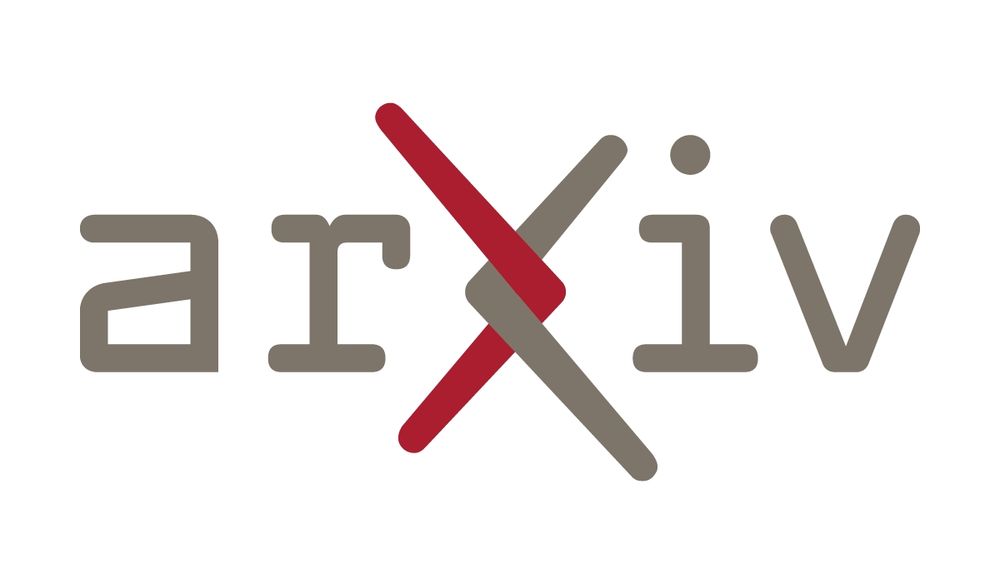
Langevin Monte-Carlo Provably Learns Depth Two Neural Nets at Any Size and Data
In this work, we will establish that the Langevin Monte-Carlo algorithm can learn depth-2 neural nets of any size and for any data and we give non-asymptotic convergence rates for it. We achieve this ...
arxiv.org
Anirbit
@anirbit.bsky.social
· Aug 18
Anirbit
@anirbit.bsky.social
· Aug 7
Reposted by Anirbit
Anirbit
@anirbit.bsky.social
· Jul 24
Anirbit
@anirbit.bsky.social
· Jul 24
Anirbit
@anirbit.bsky.social
· Jul 23
Anirbit
@anirbit.bsky.social
· Jul 23
Anirbit
@anirbit.bsky.social
· Jul 23
Anirbit
@anirbit.bsky.social
· Jul 6
Anirbit
@anirbit.bsky.social
· Jul 1
Anirbit
@anirbit.bsky.social
· Jul 1
